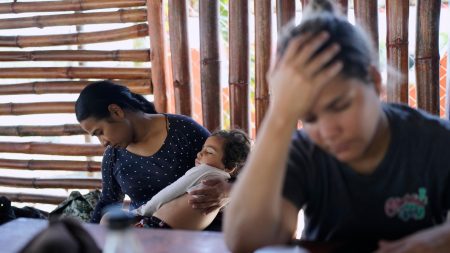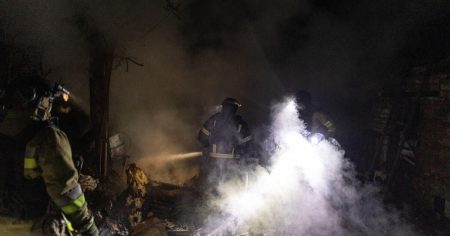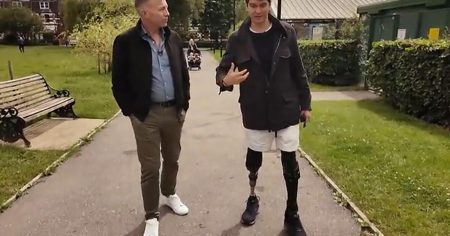The Crisis in the Dominican Republic’s Prisons: An Overview
The Dominican Republic is grappling with a severe crisis in its prison system, marked by overcrowding, inhumane conditions, and a high rate of pretrial detention. The situation is exacerbated by the presence of "frog men," inmates forced to sleep on floors, often near overflowing toilets or holes in the ground. This dire scenario paints a picture of a system on the brink of collapse, with thousands languishing without charges and facing negligible medical care.
Overcrowding and Its Consequences
Prisons in the Dominican Republic operate far beyond their capacity, with some at seven times their limit. Conditions are deplorable, with cells lacking basic amenities like bathrooms, natural light, and ventilation. Overcrowding has led to severe health issues, with inmates suffering from heart problems, cancer, and HIV, yet receiving only rudimentary medical attention. The situation is further highlighted by incidents like the tragic fire at La Victoria National Penitentiary, which claimed 11 lives, underscoring the urgent need for reform.
The Issue of Pretrial Detention
Approximately 60% of the 26,000 inmates are held under preventive detention without charges, contrary to the Constitution which deems this an exceptional measure. This practice, intended to protect society and allow time for evidence collection, has seen some detainees imprisoned for up to 20 years without trial. The underuse of alternative measures like bail points to systemic inefficiencies and a lack of judicial expediency, leaving many innocent behind bars for years.
Government Response and Challenges
President Luis Abinader has acknowledged the crisis, appointing Roberto Santana to lead reforms, including the construction of new prisons. However, progress is hindered by corruption and resource mismanagement. The halt in constructing a new prison due to corruption underscores the challenges. Despite plans for 25 new prisons by 2028, issues like delayed releases and unpaid fines keep many incarcerated beyond their sentences, reflecting a flawed judicial system.
Human Impact and Stories of Survival
Personal stories humanize the crisis, such as Darwin Lugo and Yason Guzmán, who shared their harrowing experiences visiting friends in La Victoria. Inmates’ struggles include extreme poverty, with some relying on connections for basic needs. The emotional toll on families and the loss of dignity are profound, with inmates treated as objects rather than human beings, as highlighted by the National Commission of Human Rights.
Conclusion: A Call for Urgent Reform
The Dominican Republic’s prison crisis is a multifaceted issue requiring immediate attention. Addressing overcrowding, reducing pretrial detention, and combating corruption are critical steps. The situation reflects broader societal issues, emphasizing the need for a just and equitable system. Without urgent reform, the plight of thousands will persist, urging policymakers and society to act compassionately and effectively.















